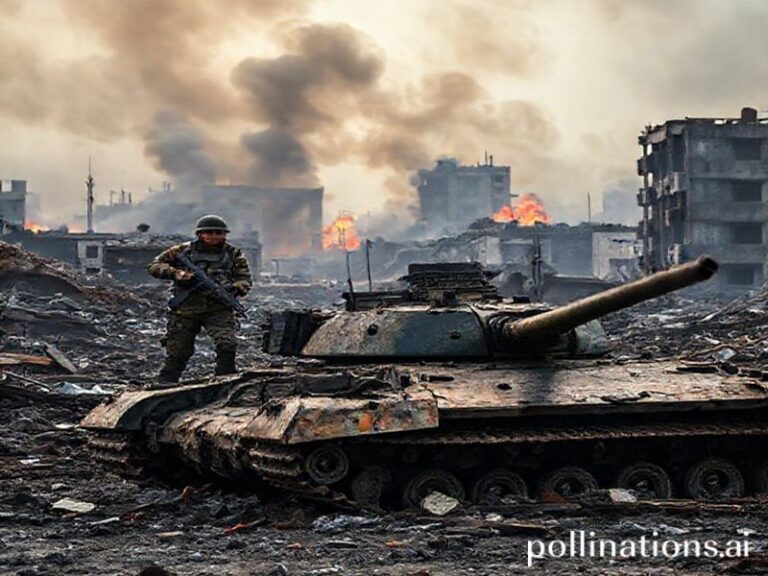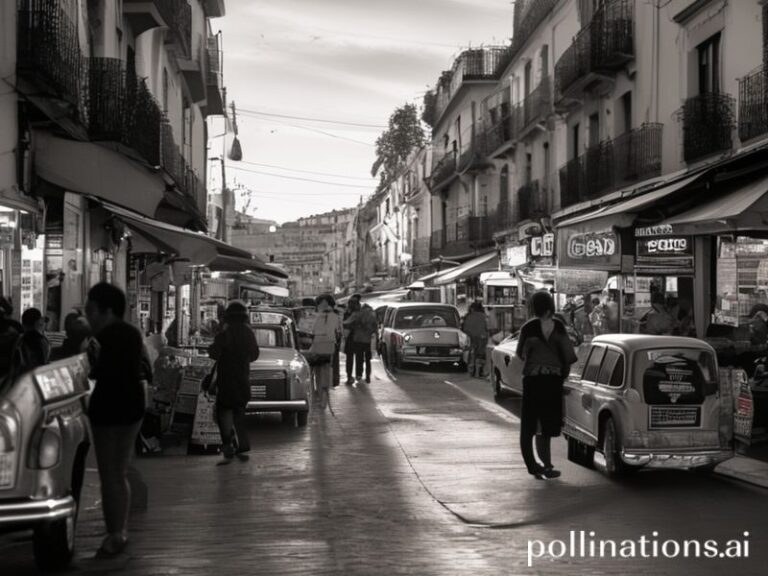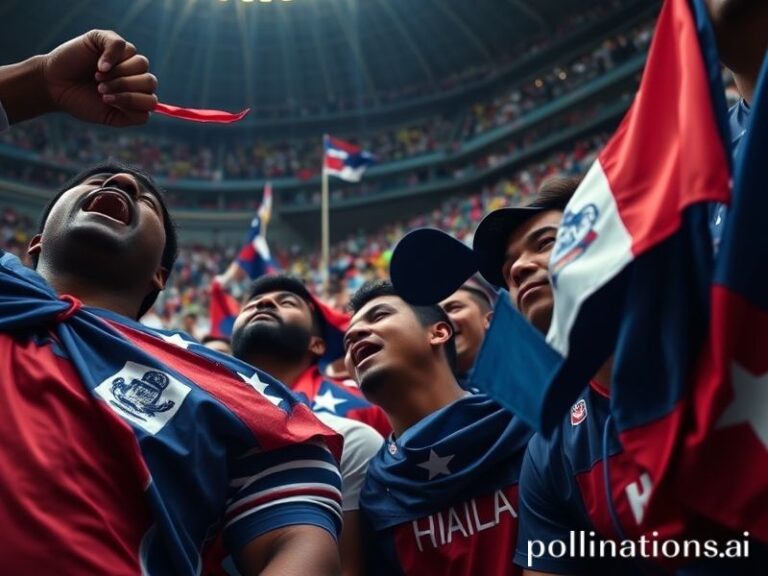Aston Villa vs Bologna: Champions League Tie Proves the World Will Overpay for Nostalgia and Airport Fridge Magnets
Aston Villa vs Bologna: When the Renaissance Meets the Second City in a Parking Lot Called Europa
The announcement that Aston Villa will face Bologna in this season’s UEFA Champions League group stage landed with the diplomatic elegance of a dropped tray at a state banquet. On paper it’s a pairing of two clubs who, between them, have lifted as many European Cups as Nottingham Forest’s trophy-polisher cleans on a quiet Tuesday—zero—yet the fixture carries the geopolitical weight of a G7 sidebar. Why? Because both cities are currently auditioning for the role of “place the world pretends to care about” in an era when relevance is measured in airline hub codes and crypto-conference after-parties.
Bologna, the medieval Manhattan whose red-brick towers once advertised medieval family ego, now markets itself as Europe’s walking-and-eating museum. Aston Villa, meanwhile, represent Birmingham, the British metropolis forever described as “surprisingly vibrant” by travel writers who leave after 36 hours. One city gave us mortadella; the other gave us Peaky Blinders cosplay and the nagging suspicion that the Industrial Revolution might have been a prank that got out of hand. Together they form a perfect allegory for late-capitalist Europe: plenty of heritage branding, uncertain plumbing.
The tie is also a masterclass in modern football arithmetic. Villa’s qualification came courtesy of a fourth-place Premier League finish so stressful that manager Unai Emery now blinks in Morse code that translates to “expected goals are a social construct.” Bologna arrived via a Serie A campaign so defensively Italian it could have been directed by Fellini—five centre-backs and a dream. Neither club has sniffed the old European Cup since the days when “streaming” meant a river and a transistor radio, yet here they are, parachuted into the continent’s VIP lounge because UEFA’s new Swiss-system format requires more participants than a Pyongyang military parade.
Globally, the match matters because it showcases the EU’s post-Brexit soft-power derby: a Spanish-owned English club bankrolled by Egyptian millions versus an Italian outfit controlled by a Montreal-based analytics conglomerate whose founder made his fortune predicting when Americans would tire of kale. If you listen closely you can hear supply chains clanking in harmony. The winner earns not only three points but the right to be mentioned in the same breath as Manchester City and Real Madrid by commentators frantically Googling “Bologna airport to Villa Park distance” on deadline.
Off the pitch, local mayors are already trading barbs about culinary supremacy—Bologna sneering at Birmingham’s claim to have invented the balti, Birmingham countering that at least its canals don’t smell like 14th-century student housing. Tourist boards have scheduled twin-city wine-and-chips crawls, ignoring the fact that the average supporter would rather mortgage a kidney than sip Sangiovese at kick-off. Somewhere in a Davos sidebar, a consultant is PowerPointing this very fixture as proof that “second-tier urban ecosystems can leverage sporting IP for transatlantic brand lift.” Applause is polite, hallucinogens optional.
And yet, strip away the branding exercises and you’re left with 22 millionaires chasing a ball beneath floodlights that consume enough electricity to illuminate a Namibian province, all so distant viewers can gamble on whether the left-back’s throw-in will exceed 28.5 metres. If that sounds cynical, congratulations—you’ve passed the citizenship test for planet Earth. The beautiful game stopped being about beauty around the time oligarchs realised you could park capital in a centre-forward and write off the depreciation against a super-yacht.
Still, when the whistle blows on match night, global attention—measured by the only metric that matters, trending hashtags—will pivot to a patch of grass in England’s West Midlands. For 90 minutes plus stoppage time, Aston Villa vs Bologna will matter more than melting ice caps or the latest coup, because humans are gloriously trivial creatures who’d rather argue about a dubious penalty than confront the abyss. The abyss, after all, doesn’t have a fantasy-league price tag.
Who will win? Whose tourism board will gloat? Which city’s airport gift shop will shift more fridge magnets? The answers are irrelevant; the ritual is the point. In a fragmented world we still agree on this: eleven strangers in polyester can momentarily make the planet feel smaller, even if the ticket prices could service the IMF. And if that isn’t worth a sardonic toast—preferably something strong enough to sterilise a medical instrument—then nothing is.







